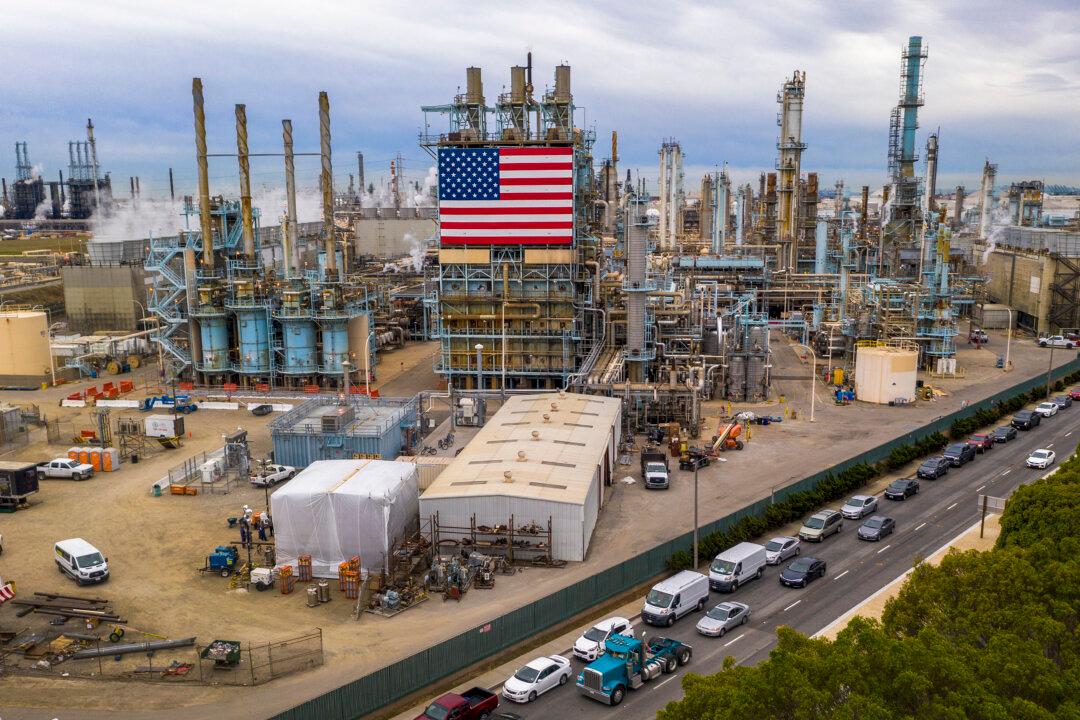Oil prices soared on April 2 after President Donald Trump said Russia and Saudi Arabia may soon reach an agreement on cutting oil production.
Trump said so after speaking with Crown Prince Mohammed bin Salman, the de facto ruler of Saudi Arabia.


Oil prices soared on April 2 after President Donald Trump said Russia and Saudi Arabia may soon reach an agreement on cutting oil production.
Trump said so after speaking with Crown Prince Mohammed bin Salman, the de facto ruler of Saudi Arabia.